Lincoln was not a type. He stands alone--
no ancestors, no fellows, and no successors.
He had the advantage of living in a new coun-
try, of social equality, of personal freedom, of
seeing in the horizon of his future the perpetual
star of hope. He preserved his individuality and
his self-respect. He knew and mingled with men
of every kind; and, after all, men are the best
books. He became acquainted with the ambi-
tions and hopes of the heart, the means used to
accomplish ends, the springs of action and the
seeds of thought. He was familiar with nature,
with actual things, with common facts. He loved
and appreciated the poem of the year, the drama
of the seasons. . . . Lincoln never finished his edu-
cation. To the night of his death he was a pupil, a
learner, and inquirer, a seeker after knowledge. . .
Wealth could not purchase, power could not awe,
this divine, this loving man. He knew no fear ex-
cept the fear of doing wrong. Hating slavery,
pitying the master--seeking to conquer, not per-
sons, but prejudices--he was the embodiment of
the self-denial, the courage, the hope, and the no-
bility of a nation. He spoke, not to inflame, not to
upbraid, but to convince. He raised his hands, not
to strike, but in benediction. He longed to pardon.
He loved to see the pearls of joy on the cheeks of
a wife whose husband he had rescued from death.
Lincoln was the grandest figure of the fiercest civil
war. He is the gentlest memory of our world.
--Robert G. Ingersoll, 1885, Motley and Monarch,
North American Review, vol. 141, pp. 528, 529,
531
Subscribe to:
Post Comments (Atom)
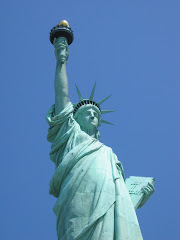



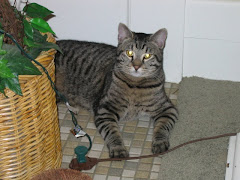
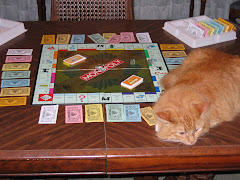

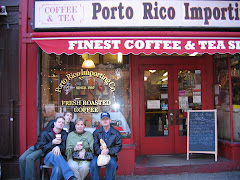


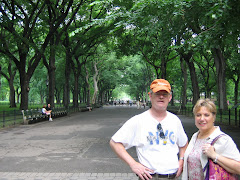



No comments:
Post a Comment